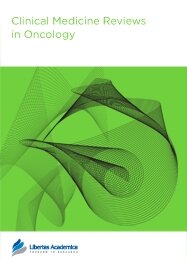

Publication Date: 20 Feb 2011
Type: Review
Journal: Clinical Medicine Reviews in Oncology
Citation: Clinical Medicine Reviews in Oncology 2011:3
doi: 10.4137/CMRO.S3291

Treatment strategies and outcome of bladder cancer depend on tumor progression. Non-muscle invasive urothelial cell carcinoma (NMI-UCC) is generally treated by transurethral resection (TUR). In addition, intravesical therapy is often followed to prevent the recurrence; however, its effect is not still enough. On the other hand, the prognosis of bladder cancer patients with muscle-invasive and/or metastatic tumors is poor, despite the availability of various therapies. Although radical cystectomy is the "gold standard" for patients with muscle-invasive disease, high frequency of recurrence and decreased quality of life are major disadvantages associated with this procedure. In recent years, various newly developed treatment strategies have progressed to clinical trials for the perioperative treatment of muscle-invasive cancer and for systematic therapy for advanced bladder cancer. Here, we review the current and emerging therapeutic strategies and discuss the recent clinical trials of anti-vascular endothelial growth factor (VEGF) family- and anti-endothelial growth factor receptor (EGFR)-based therapies.
RIS citation (ENDNOTE, REFERENCE MANAGER, PROCITE, REFWORKS)
BibTex citation (BIBDESK, LATEX)

I was requested to contribute a review. The objectives, timelines and process were all extremely reasonable and fit in well with my knowledge base and my work as well as my schedule. The process was quite seamless and no paper was ever exchanged--everything was completed on-line. Thanks for the opportunity to make this contribution.
Facebook Google+ Twitter
Pinterest Tumblr YouTube